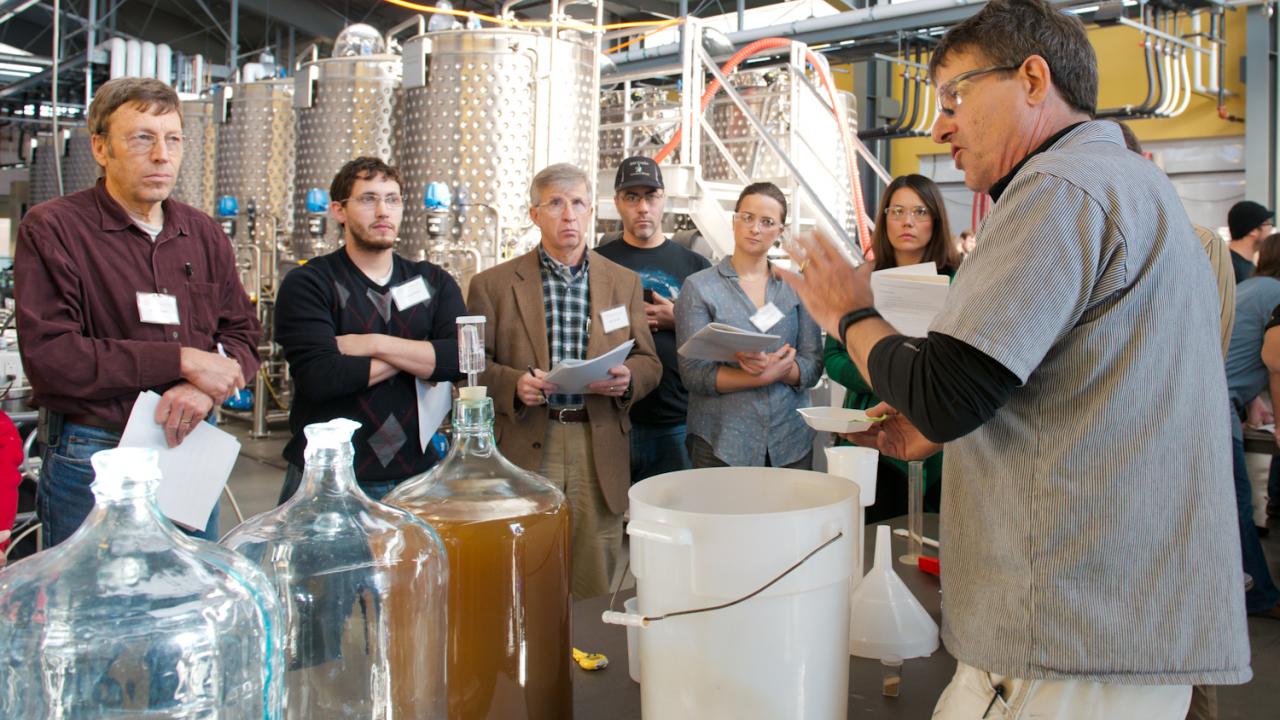
Event Date
The mead industry is the fastest-growing segment of the beverage market. Mead Making 301 is a 4 day short course designed for those who have been making mead for at least three years and have completed approximately 30 fermentations. This is the ideal course for anyone planning to open their own meadery, or hoping to learn how best to run an existing meadery. The Center has collaborated with leading meadmakers to design a course that addresses the most important problems and questions mead makers face. Breakfast and lunch is included.
Date: June 24-27, 2019
Registration: $1299
Register here
(Sign up for our newsletter to receive event updates: HERE
Presenters
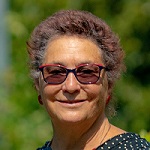 |
Amina Harris, Director, Honey & Pollination Center, Robert Mondavi Institute, UC Davis |
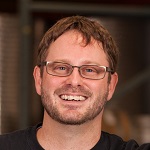 |
Ash Fischbein, Owner, Sap House Meadery, Ossipee NH |
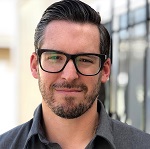 |
Billy Beltz, Co-Founder & Worker Bee, Lost Cause Meadery, San Diego, CA |
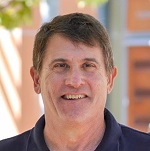 |
Chik Brenneman, Head Winemaker, Baker Wines, Sacramento, CA |
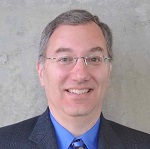 |
David Block, Professor and Chair, Department of Viticulture and Enology, UC Davis |
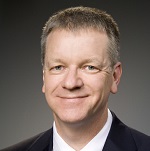 |
Ken Schramm, Author, The Compleat Meadmaker; Owner and Head Meadmaker, Schramm’s Mead, Ferndale, Michigan |
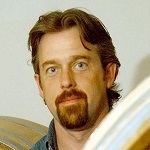 |
Mike Faul, Owner, Rabbit's Foot Meadery, Sunnyvale, CA |
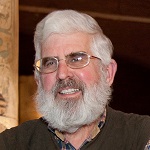 |
Patrick McGovern, Scientific Director, Biomolecular Archaeology Project Adjunct Professor, Anthropology; Penn Museum, Philadelphia, PA |
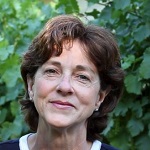 |
Rebecca Bleibaum, President/Chief, Sensory Intelligence, Dragonfly SCI, Inc., Santa Rosa, CA |
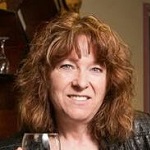 |
Susan Ruud, Owner and Meadmaker, Prairie Rose Meadery; Research Specialist, North Dakota State University |
Agenda
Monday, June 24: Focus on Production
8:00 a.m. Registration & Continental Breakfast
9:00 a.m. Welcome and Introduction
Amina Harris, Director, Honey and Pollination Center, Robert Mondavi Institute, UC Davis
9:15 a.m. Keynote: We’ve been making mead for over 9000 years. What have we learned?
Patrick McGovern, Scientific Director, Biomolecular Archaeology Project; Adjunct Professor, Anthropology; Penn Museum, University of Pennsylvania
10:00 a.m. Filtration and clarification
Dr. David Block, Professor and Chair, Department of Viticulture and Enology, UC Davis
Charles Brenneman, Baker Wines, Head Winemaker, Sacramento, CA
The theory and methods of filtration will be covered with an ‘in winery’ experience to demonstrate how different filtration and clarification methods work. Session will cover compressibility and body feeds, filterability testing, cross flow filtration, flotation and centrifugation
12:30 p.m. Lunch
1:30 p.m. Keeping it clean
Cory Marx, PhD Candidate in Viticulture and Enology
Sanitation is something everyone has heard about in the food and beverage industry. New research is shedding light on new techniques, cleaners and systems
2:15 p.m. Managing Oxidation
Dr. Andrew Waterhouse, Director of the Robert Mondavi Institute for Wine and Food Science; Faculty Advisor, UC Broadening Horizons Program
3:15 p.m. Break
3:30 p.m. Panel discussion: How do you know when it is time to go pro?
Billy Beltz, Lost Cause Meadery
Mike Faul; Rabbit’s Foot Meadery, Sunnyvale, California
Ash Fischbein; Sap House Meadery, Center Ossipee, New Hampshire
Susan Ruud, Prairie Rose
Ken Schramm, Schramm’s Mead, Ferndale, Michigan
4:30 p.m. Mead Tasting: Going 'Pro'
Dinner on your own
Tuesday, June 25: Focus on Sensory Aspects of Mead
8:00 a.m. Continental Breakfast
8:45 a.m. Keynote: What Somms need to know about Mead to sell this ancient beverage in the New World
Traci Dutton, Culinary Institute of America, St. Helena, CA
9:45 a.m. Cracking the Code: Linking Mead Makers with Consumers using Sensory Science
Rebecca Bleibaum, President, Dragonfly SCI, Inc.
In order for mead makers to understand what consumers taste and experience when they sample mead, we need to understand the concepts behind QDA. This session will define QDA, explain how it works, creating and calibrating a sensory panel, and how do we interpret the data generated by this type of research.
10:45 a.m. Break
11:00 a.m. Sensory Science Continued
Enter the world of a taster in training. During this session, attendees will participate in a variety of ‘Hands on’ QDA exercises and experiences including aroma references, triangle tests, score sheets, tasting
NOTE: Attendees are encouraged to bring their own meads for analyzing during this session
12:30 p.m. LUNCH
1:45 p.m. It’s All About the Honey
Amina Harris, Director, Honey and Pollination Center, Robert Mondavi Institute, UC Davis
Using the UC Davis Honey Wheel, participants will taste varietal honey followed by mead made with that honey. The discussion will cover how closely the two relate.
2:45 p.m. The Science of Barrel Aging
Dr. Andrew L. Waterhouse
3:45 p.m. Shooting Mead in a Barrel
Ash Fischbein, Owner, Sap House Meadery, Ossipee NH
More and more mead makers are aging their meads in barrels. Ash will present his ‘geeky’ journey to barrel aging and discuss the unusual sipping meads and packaging that Sap House has created.
4:30 p.m. Barrel-Aged Mead Tasting
5:15 p.m. Dinner on your own
Wednesday, June 26: Tours
8:00 – 9:00 am Continental Breakfast
Box lunches will be distributed later in the day.
Tours for this year’s 301 course include:
Heidrun Meadery – Known for Sparkling Honey Varietal Mead; Gordon Hull, Mead Maker, Point Reyes.
Rabbit’s Food Mead – Mike Faul, Mead Maker Sunnyvale, CA
Z Specialty Food: Tour and Tasting of honey packing facility, Josh Zeldner, Nectar Director
5:00 p.m. Arrive at the Robert Mondavi Institute, UC Davis
Dinner on your own
Continue the Experience! Wednesday evening from 7:30 - 9:30 p.m.
Share your mead. Location to be announced.
Thursday, June 27: And the Rest...
8:00 a.m. Continental Breakfast
8:45 a.m. Outfitting a commercial lab: What you can do within your own meadery. What you should send out for testing.
Chik Brenneman
Session will discuss automation of simple assays, documentation of SOP’s, measurement quality system, and tour of the lab in the Winery
10:30 a.m. Understanding Defects of Mead: A Tasting of What Can Go Wrong
Lucy Joseph, Curator, Wine Microbe Collection, Department of Viticulture and Enology
Six meads with varying issues. The discussion will focus on multiple defects.
12:00 p.m. Lunch
1:15 p.m. Telling and Selling a Story
Ken Schramm
Long known for being very exacting for each of his meads, Ken will talk about the growth and direction of Schramm’s Mead and Ken, the orchardist. A discriminating tasting to showcase these choices will follow.
2:45 p.m. Tasting Rooms ARE your business!
Billy Beltz, Co-Founder & Worker Bee, Lost Cause Meadery, San Diego, CA
A tasting room sets the stage for everything your meadery will become known for. This session will explain all of the different elements that need to come into alignment.
Panel Discussion
Each of our mead makers will give a short presentation on how they have developed their tasting rooms to help sell their products and their image. Discussion will follow.
Billy Beltz, Lost Cause Meadery
Mike Faul; Rabbit’s Foot Meadery, Sunnyvale, California
Ash Fischbein; Sap House Meadery, Center Ossipee, New Hampshire
Susan Ruud, Prairie Rose
Ken Schramm, Schramm’s Mead, Ferndale, Michigan
4:15 p.m. Your Favorite Mead to Share in the Tasting Room and Why
It shouldn’t be a secret. Each of our guest mead makers will share the mead they encourage their first time visitors to try. They will give us their reasons and insights as we share lift our glasses.
5:00 p.m. Closing remarks
